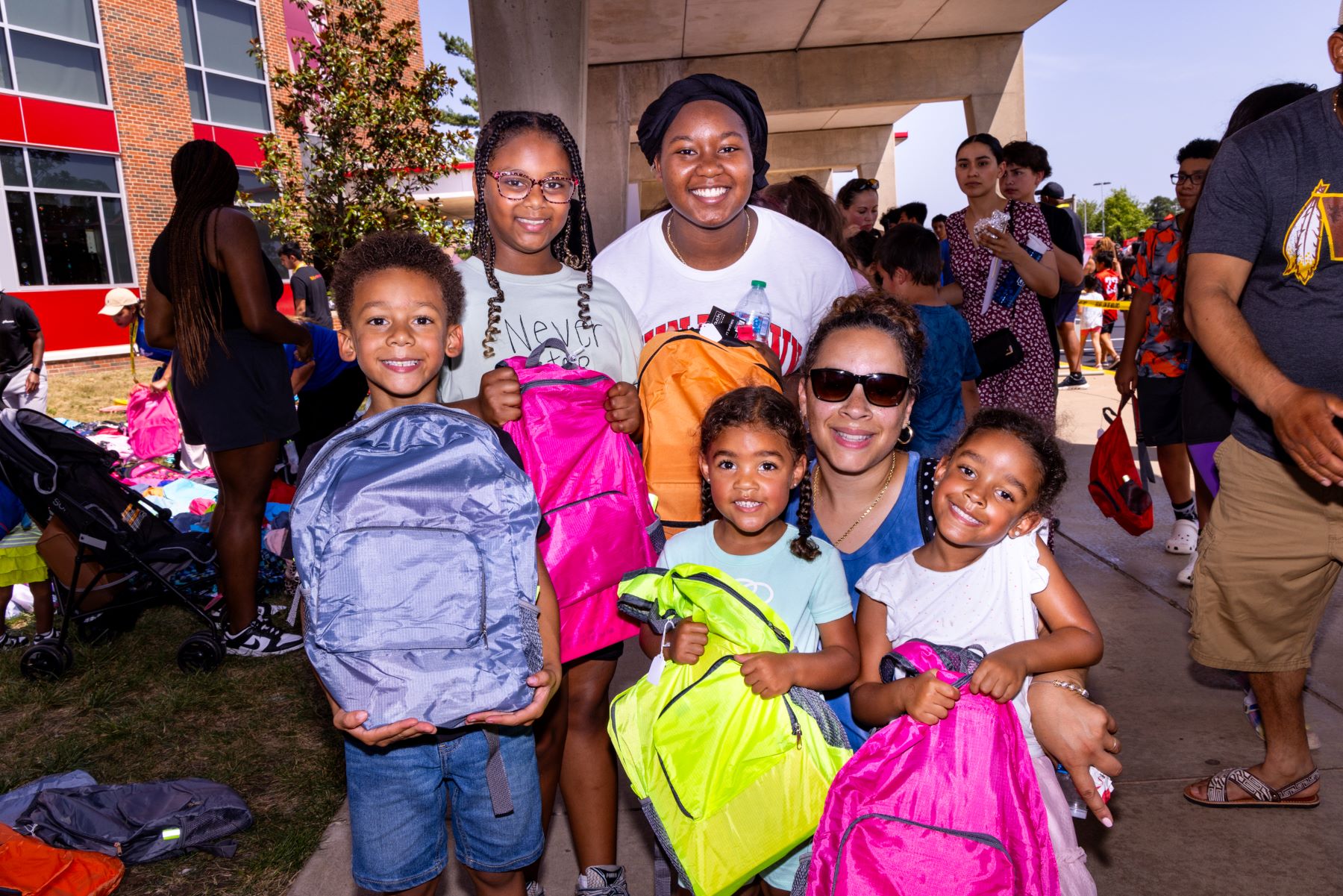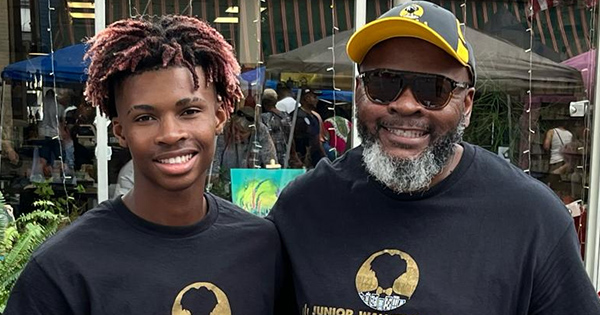EXCLUSIVE: Delegate Candi King Addresses ‘Dark Money’ in politics amid recent attack ads
Money and politics go hand in hand. While there have been some campaigns to succeed on strictly a grassroots level, in order for a candidate to win more often than not, it takes financial support in order to reach voters, create advertisements, and bring overall awareness of the candidate’s vision for their district, city and/or state.
However, it’s when the financial support comes from outside influencers such as corporations that the campaigns are no longer led by the candidates, but by agendas. That is what has taken place in the Democratic primary campaign for the 2nd District House of Delegates between incumbent Delegate Candi King and her opponent Pamela Montgomery. What was originally meant to be a race of civility has now turned into the all-too-familiar stench of a candidate desperate to defeat an incumbent with overwhelming community support, resulting in taking money from corporations. As reported Friday, Clean Virginia has funneled more than $145,300 into Montgomery’s campaign. In addition, she has received $270,000 from Sonjia Smith, who owns the PAC, as well as $130,000 from Commonwealth Forward, another PAC that is exclusively funded by the Clean Virginia Fund. King, who was not endorsed by Clean Virginia after refusing to sign their pledge, has become the target of recent attack ads. One of the most notable ads discussed King’s environmental record, and recently she spoke with the PW Perspective in response.
She addressed why she has been the target of these ads. “It’s not a secret amongst people that back in December when I decided to run, we had a candidate’s forum and the question was asked if we had signed the Clean Virginia pledge,” said King. “I said then that I had not and I didn’t plan to because it’s more difficult for Black candidates to raise money and I thought it would create a barrier to say, ‘I’m not taking money from x because we need to get elected if we want to affect change.”
“I said then that anyone who donates to me, they’re not buying my vote, they are donating because they believe in my campaign and what I stand for,” she continues. “I was approached by someone who worked one of the wealthy individuals who is running this smear campaign against me and we had conversations and he asked me how do I feel about a woman’s right to choose. I told him that obviously I’m a pro-choice champion, I was a member of NOW (National Organization of Women) and had all of these publicly stated opinions on a woman’s right to choose. He said to me, ‘My client would like to support you but you haven’t signed the Clean Virginia pledge.'”
“I did my research and I was leaning towards signing because I saw so many other people have. I learned, however, that there were so many strings attached and I decided that I wasn’t going to sign the pledge, and I let them know that.”
According to King, this is when the threats began. “If you don’t sign, they said, we’ll run op-eds against you. We’ll fund someone against you. So what you’re seeing is someone following through on a promise they made back in December to run someone against me, to damage my character in this community, and it doesn’t matter that I voted with 90% of the legislation that they say they care about. What I believe matters the most to them is that I’m someone that they can’t control, someone who has not pledged allegiance to them.”
“I don’t pledge allegiance to anyone but the people of this community who voted and send me to Richmond.”
She discusses some of Clean Virginia’s inner workings during her time in Richmond. “I’ve seen the type of advocacy, and as a person who has managed government relations, it is something I would not associate myself with. So I’m very proud that I refuse to sign the pledge because the way they do business does not work for me.”
King says she’s not the only one who’s being targeted by Clean Virginia. “There are other members of the Legislative Black Caucus who have done so many things for the commonwealth, but because they refused to sign ‘the pledge,’ then they’ve become targets. When you have people that no one has elected to anything to use their privilege and money to target others, then that’s a big problem. That’s something that I’m willing to take the hits they’re throwing at me to shed light on the hypocrisy of what’s happening.”
She has also been the victim of unwarranted gossip. “After serving, I’ve realized that these attacks have no place in our government. That’s not why people elect us. So I decided to remove myself from that realm. If they truly care about the environment, I’d love to work with them, but I’ll never be bullied, controlled or told how to vote.”
A major problem King accesses is the disconnect between special interests groups and the community. She sites a lack of concerns for those who are truly hurting. “One of the things that was most disappointing to me during the special election in December was that we were in the midst of a pandemic,” says King. “People in my community were hurting due to unemployment, children were hurting due to trying to navigate through virtual learning. Teachers were sick, people were dying, but this wealthy, privileged group of people decided that their issues were the most important in spite of that.”
“What I would say to people is that I would never let the priorities of special interest groups supersede the interests of the community.”
Despite the planned attacks on her character and falsehoods of her voting record, King states that she has learned so much about it means to be in public service through this situation. “I was mentored by two great women in the legislature, Senators Yvonne Miller and Louise Lucas. I understand policy and politics. I spent my adult life connected to these things. One thing I know for sure is that if I can’t accept your donation and vote against you, then we don’t need to work together. There is not one donation or group that is going to give me anything that would allow me to do their will versus the will of the people.”
“This has been a reminder of the stock that I come from, the political mothers and all that they endured so I can sit in this seat. That is something that privilege and wealth could never buy. Experience is something that no matter how many darts you throw at me, you can’t kill my spirit.”



